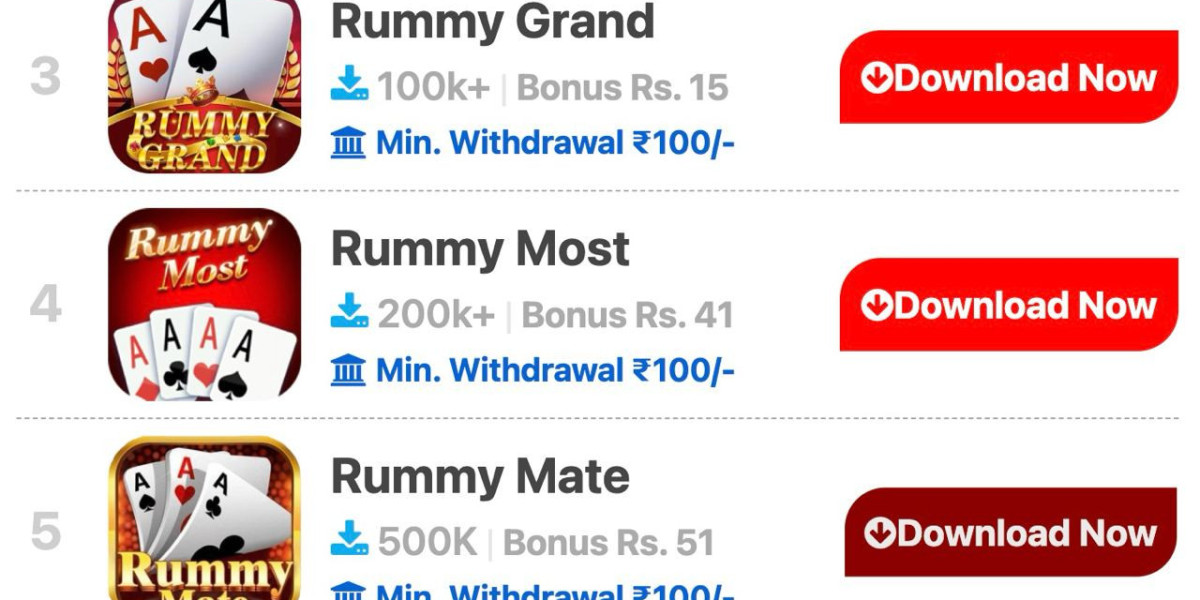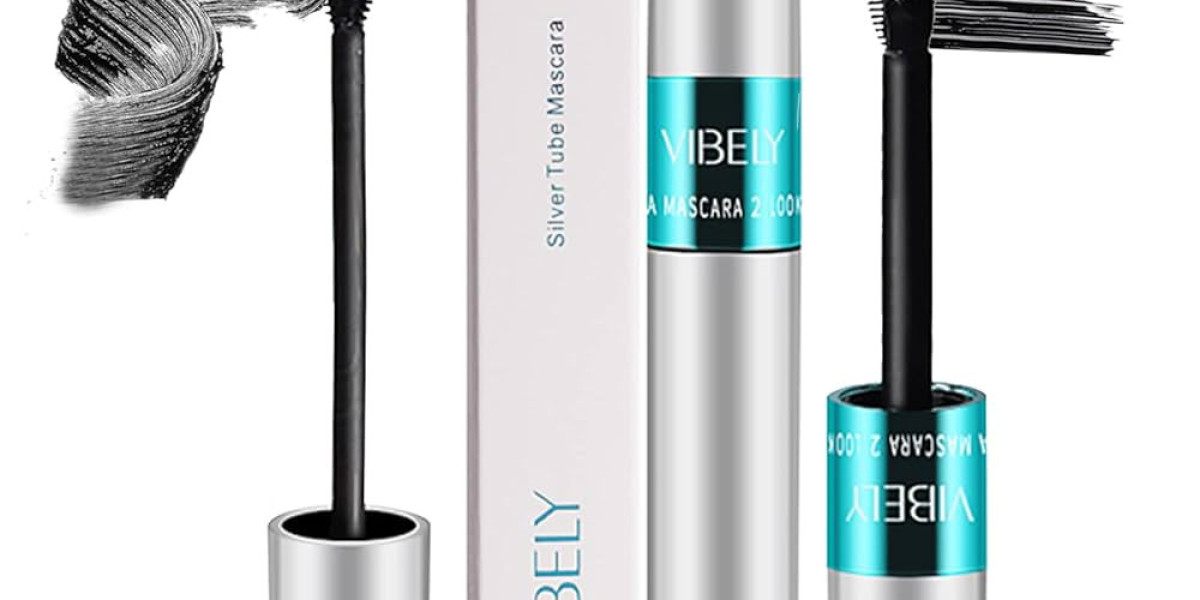In today’s busy digital life, downloading a new app can feel like a small step, but it often comes with its own set of questions. Is this app trustworthy? Will it actually work the way I want? Or worse, is it safe for my device and personal data? With thousands of apps available for every interest, getting the right information before clicking “install” is more important than ever.
This article shares practical insights into how to find reliable information about apps before downloading. Drawing from personal experience and general best practices, the goal is to help you avoid common pitfalls and make informed choices.
Why You Should Always Research Apps First
It’s tempting to download an app based on a quick glance at its name or icon. But apps vary widely in quality and intent. Some can slow your device, invade your privacy, or simply fail to deliver what they promise. Others might be excellent but overshadowed by misleading reviews or poor marketing.
By spending a few minutes researching an app, you save time and headaches later. You also protect your device from unnecessary risks and can better decide if the app fits your needs.
Sources Where You Can Find Reliable Information
There are many places online where people share their experiences and opinions about apps, but not all are equally trustworthy. Here are some of the better sources to consider:
- Official App Stores: Google Play Store and Apple’s App Store provide basic information, screenshots, and user ratings. While useful, these can sometimes be manipulated by fake reviews.
- Tech Websites and Review Blogs: Many sites publish detailed reviews after testing apps, explaining features, pros and cons, and who the app is best suited for.
- User Forums and Communities: Places like Reddit or specialized forums can offer honest feedback from real users. The variety of opinions here can give you a more balanced view.
- Articles and How-to Guides: Articles often explain an app’s functions in a straightforward way and sometimes compare it with similar apps to help readers decide.
It’s best to check multiple sources rather than relying on one alone.
What to Look for in Reviews and Articles
Not every review or article will give you the full picture. Here are some points to focus on when reading up on an app:
- Functionality and Features: Does the app deliver what it promises? Are the key features easy to use?
- Performance and Stability: Does it crash often? Is it fast or laggy?
- Privacy and Permissions: What data does the app ask for? Is it necessary for its functioning?
- Updates and Support: Is the app regularly updated to fix bugs or add new features? Can you get help if something goes wrong?
- User Experience: Does the app have an intuitive design? Are there annoying ads or hidden charges?
By paying attention to these aspects, you’ll get a clearer idea about the app’s true value.
The Role of User Reviews—and Their Limits
User reviews can be helpful, but they also come with their own challenges. Sometimes, fake reviews inflate an app’s rating or unfairly drag it down. Some users might focus on issues unrelated to the app itself, like their own device problems.
When reading user reviews, look for:
- Patterns across many reviews, rather than one-off comments.
- Detailed reviews that explain why a user liked or disliked the app.
- Reviews mentioning recent updates, as an app’s quality can improve or decline over time.
Using this approach can help you separate genuine feedback from noise.
Why Articles Provide Deeper Insights
While reviews give you quick feedback, well-written articles go further. They usually test the app in real scenarios, highlight strengths and weaknesses, and suggest alternatives if the app isn’t the best fit.
For example, when looking into apps related to games or social activities, some articles cover how the app’s design and rules compare to others. In this space, if you’re exploring card games, you might come across platforms for different formats. I personally found all rummy to be a good place to learn and play responsibly, based on articles that broke down features and user experiences clearly all rummy app.
Such articles don’t just describe the app—they help you understand if it matches what you want.
Conclusion: Take Time to Research Before Downloading
Downloading an app is easy, but finding the right one isn’t always straightforward. Taking time to research can save you from frustration and security risks. Use a mix of official information, user reviews, and detailed articles to get a complete picture.
By focusing on facts about functionality, privacy, performance, and user experience, you’ll be able to choose apps that really fit your needs. Next time you see an interesting app, pause before tapping “install.” A little extra research goes a long way.






